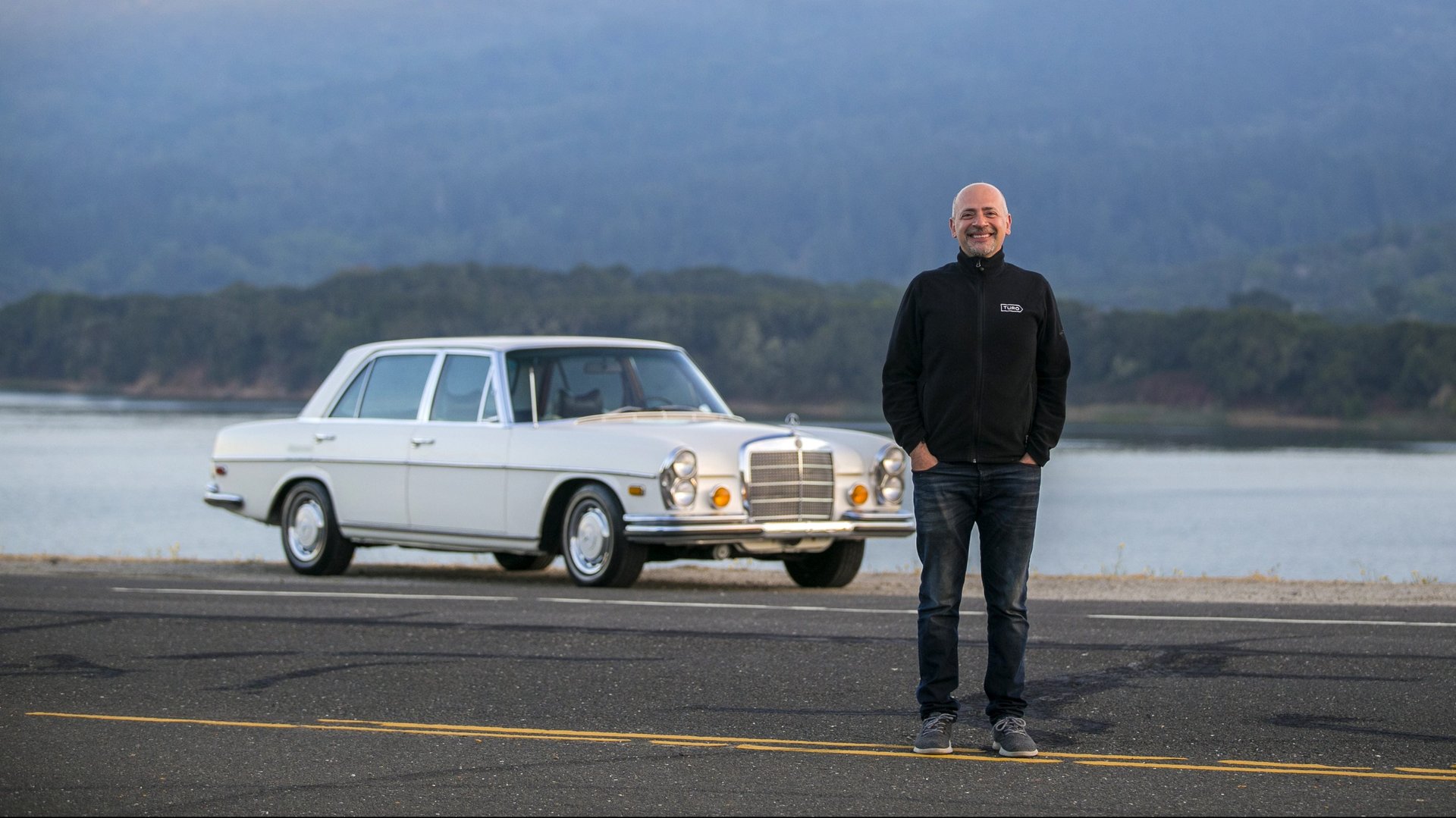Car-sharing startup Turo raised another $92 million to help people pay for their dream cars
Car-sharing startup Turo has raised $92 million in series D funding at an undisclosed valuation, the company said today (Sept. 6). The round was led by German auto company Daimler and South Korean conglomerate SK Holdings, and brings Turo’s total financing to $193 million. The company also announced it is acquiring Croove, a German platform for peer-to-peer car rentals, from Daimler as part of the deal.


Car-sharing startup Turo has raised $92 million in series D funding at an undisclosed valuation, the company said today (Sept. 6). The round was led by German auto company Daimler and South Korean conglomerate SK Holdings, and brings Turo’s total financing to $193 million. The company also announced it is acquiring Croove, a German platform for peer-to-peer car rentals, from Daimler as part of the deal.
The fundraising is the latest in a series of deals between startups and traditional auto manufacturers, which are looking for different ways into “mobility” as they prepare for a future of ride-sharing, autonomous vehicles, and dwindling car ownership. Daimler also recently invested in Via, a shared rides company that services Chicago, New York, and Washington DC, and the two companies announced plans to launch an on-demand shuttle service in London by the end of the year. Ford is building out Chariot, a van-based commuting service it debuted in New York in July. GM has steadily expanded Maven, its car rental program initially created for ride-hailing drivers, to more cities and to non-ride-hailing companies such as Grubhub and Instacart.
Turo, formerly RelayRides, is a platform akin to Airbnb that lets car owners rent their vehicles out to other people. Unlike the peer-to-peer home rentals that Airbnb popularized, car-sharing has yet to reach the mainstream. Turo counted just over 4 million total members—people who have signed up for a Turo account since the company was founded in 2009—and 171,500 vehicle listings through the beginning of September. It operates in 4,700 cities in the US, Canada, and the UK, including every major city except for New York, which has prohibitive insurance laws. By comparison, Airbnb, which was founded in 2008 and last valued in March at $31 billion, claims to have 4 million listings across nearly 200 countries.
Turo has managed to tap into a niche market of car enthusiasts. Andre Haddad, Turo’s CEO and a self-declared car lover, says the company’s listings skew toward premium vehicles relative to the rest of the market. “Most of our hosts that have more than one car… realize that the platform is very powerful at helping them monetize their car, and then they start thinking, oh, my car can be almost booked all the time, this is an opportunity for me to maybe keep this car but get a newer car and completely finance it with my Turo earnings,” Haddad told Quartz. The company calls this phenomenon, “car up.”
For example, Turo said the average Tesla Model S owner on its platform last year made $1,021 a month—about the same as their expected monthly car payment—by renting out their vehicle for seven days a month. The typical Jeep Wrangler owner made $747 a month—more than twice their expected monthly car payment—by renting their vehicle for about 13 days in the course of a month.
Turo facilitates insurance for both car renters and car owners on its platform. Its liability insurance is provided by Liberty Mutual, one of the investors in the series D round.
Car-sharing continues to lag behind the ride-hailing market, which in the US is led by Uber and Lyft. Uber said it did $8.7 billion in global bookings in the second quarter, up 17% from the three months prior.